The views expressed in our content reflect individual perspectives and do not represent the authoritative views of the Baha'i Faith.
As I rewrote a section of my memoir, it reminded me of a past hurt I inflicted on the girl I dated in 1968. The pain of it flooded back into my heart.
We were serious about each other, and had deep conversations about life and our future together—including how we would furnish our home after our marriage.
“Well, we’ll need plastic slipcovers on the furniture,” I said.
“Rod, are you serious? Of course not, no way,” she said. “That’s a throwback to the 50s!”
“I am serious. Really we must,” and gave my reasons, not the least of which was that my family had them.
“Well, then you’ll have to live by yourself since I won’t have them.”
I got so angry I grabbed her arms hard and shouted,” Yeah? Then I don’t want to be married!” and stormed out.
What followed could have been so different if I hadn’t been so obstinate, so petty and so cruel.
Have you ever had an argument with someone, or done something stupid that you regretted later?
We all have. We’re all human, and we all make mistakes. But a mere mistake can sometimes turn into a severe error in judgment.
Two months went by before she would talk to me again, and then only because she loved me enough, despite my bad behavior, to take me back.
As I re-read the memoir, I felt a deep sense of regret. I thought “If only I hadn’t done that, it could have, or should have, or would have turned out so differently.”
Haven’t we all said this in one form or another?
In this case, she forgave my stupidity and anger, and we worked it out—mainly because I came to realize I had been wrong and sincerely and profusely apologized. That realization surfaced out of my continued love for her.
In life, we rarely get those kinds of do-overs. We can’t go back and change the past, no matter how hard we try. Our words and actions have an immediate effect on other’s minds, hearts, and spirits, and souls, as soon as we utter them or do them. Mistakes and errors can be little, with simple or no consequence, or huge, with massive ramifications that change peoples lives and even the course of history. Without a guide and a guidebook showing us the proper path to take under all circumstances, we will continue to rely on our own or others’ fallible and often wrong-headed ways.
That’s why as a Baha’i, a believer in one God guiding all religion and all humankind, I now feel like I have a better chance at not making the kinds of mistakes and errors that may destroy my own or others’ lives. Baha’u’llah and his voluminous writings and laws, his successors and the administration he created, help me try to live a more spiritual, loving and compassionate life. If you examine the work that Baha’is around the world are doing to remake the world into a peaceful, loving, fair and just society, you will find hope, encouragement, faith, and determination that we can solve our problems and live together in harmony and unity.
To do that, the Baha’i teachings say, first we must forgive ourselves and each other of all the wrongs and hurts committed in the past:
When the sinner findeth himself wholly detached and freed from all save God, he should beg forgiveness and pardon from Him. … The sinner should, between himself and God, implore mercy from the Ocean of mercy, beg forgiveness from the Heaven of generosity …. – Baha’u’llah, Tablets of Baha’u’llah, p. 24.
Never become angry with one another. Let your eyes be directed toward the kingdom of truth and not toward the world of creation. Love the creatures for the sake of God and not for themselves. You will never become angry or impatient if you love them for the sake of God. Humanity is not perfect. There are imperfections in every human being, and you will always become unhappy if you look toward the people themselves. But if you look toward God, you will love them and be kind to them, for the world of God is the world of perfection and complete mercy. Therefore, do not look at the shortcomings of anybody; see with the sight of forgiveness. The imperfect eye beholds imperfections. The eye that covers faults looks toward the Creator of souls. – Abdu’l-Baha, The Promulgation of Universal Peace, p. 92.
This kind of spiritual guidance can help us all forgive—and evince behavior that won’t require forgiveness.
Is it enough to say, “I’m sorry?” Or is it perhaps more honorable, more heartfelt to say, “I’m sorry I hurt you. Can you forgive me?” We are then free of the weight of self-recrimination, and can honestly feel we have extended ourselves to bear the full consequences of our words or actions. If the other person says, “No, I can’t,” we are better than if we didn’t ask. If they say, “Yes,” we are both better. If they say, “Yes, but you must do such and such to earn my forgiveness,” then we are better and can act in all sincerity to comply.
Naturally, it is best to forgive unequivocally, but hurts can run so deep that this kind of forgiveness may seem hard to muster. But just as I didn’t give up with my girlfriend, we shouldn’t give up either.
Forgiveness, like life, is a two-way street. In order to be forgiven, one must have a forgiver. However, forgiveness doesn’t mean we forget. It doesn’t mean we erase the past. It doesn’t mean we can hurt again by making the same errors over and over. It does mean we must improve our character to avoid inflicting other hurts. It does mean we have to be sensitive to other’s needs for respect and honor. It does mean that gradually we conform to the divine guidebook we’ve been given in order to set our affairs and the world aright—for the key to forgiveness is love.


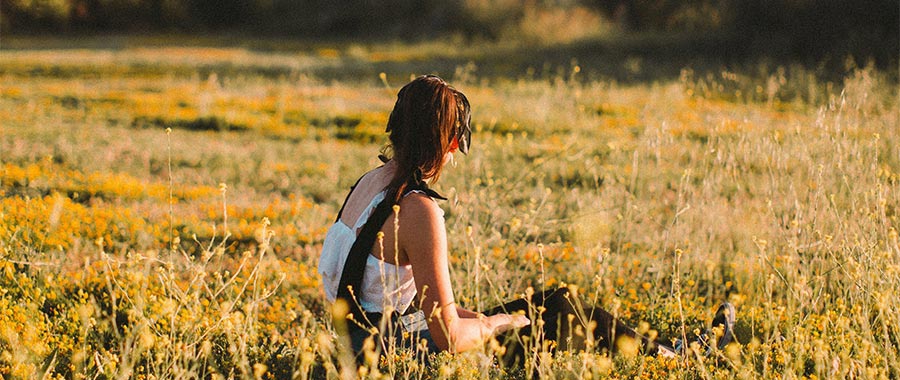






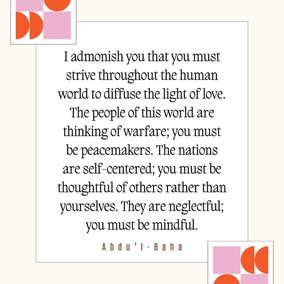
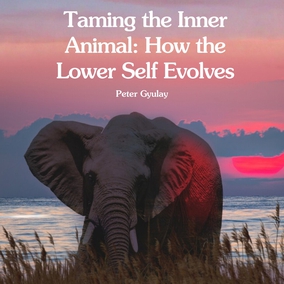
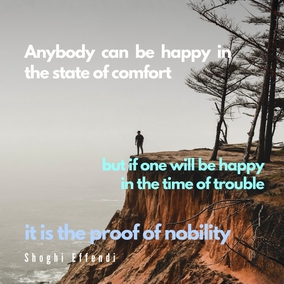
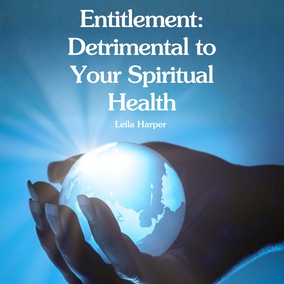
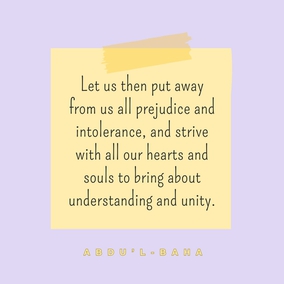
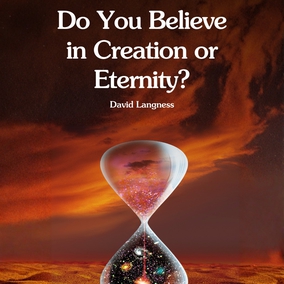

Comments
Sign in or create an account
Continue with Googleor